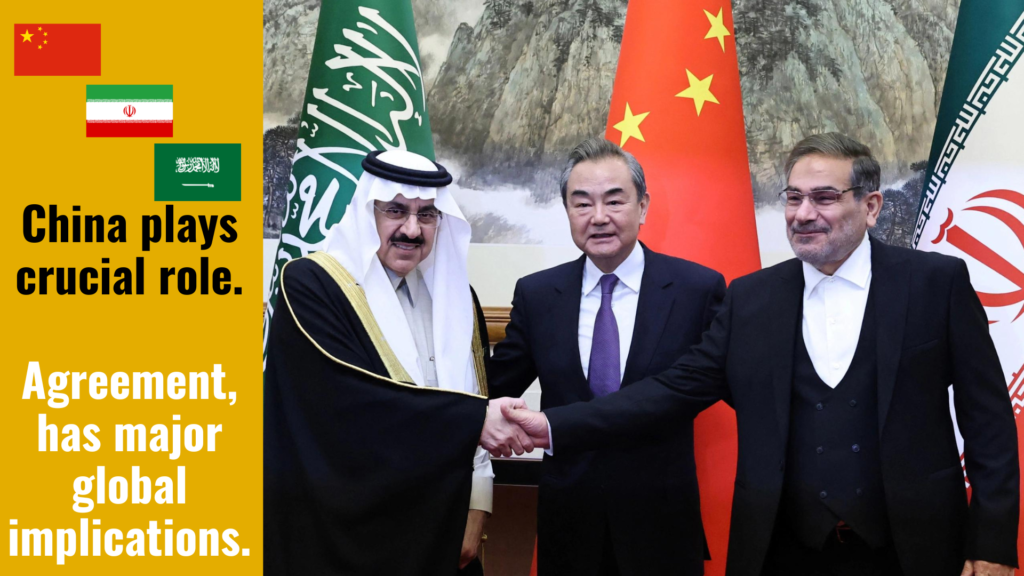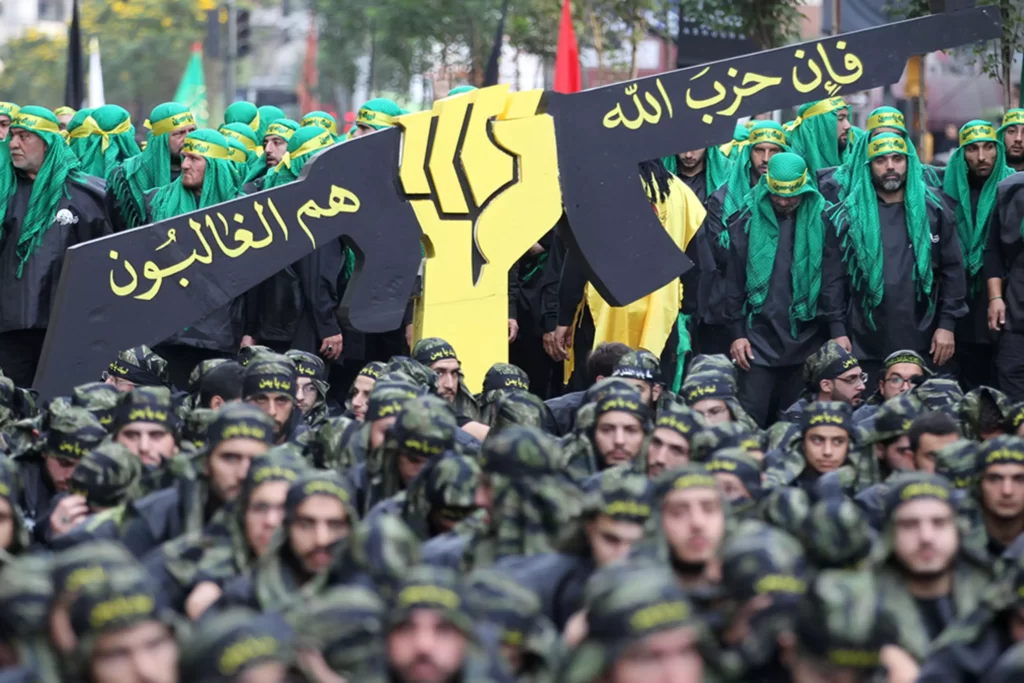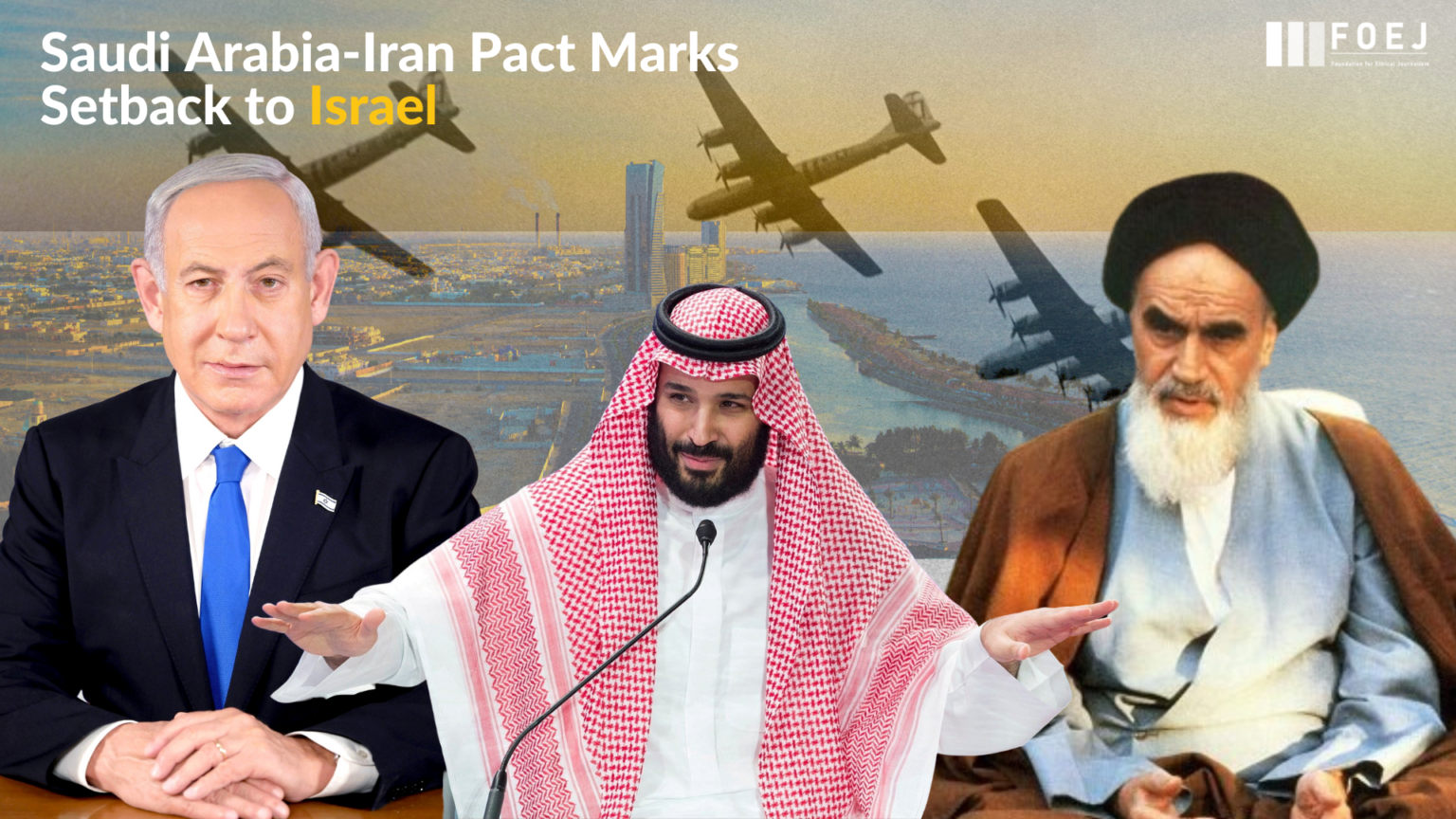Saudi and Iran mend ties. What could be the outcome?
Saudi Arabia’s surprise agreement to renew diplomatic relations with Iran marks a significant blow to Israeli Prime Minister Benjamin Netanyahu’s key foreign-policy goal: creating a regional alliance built around isolating Iran.
Mr. Netanyahu has long led the charge to garner international support for isolating Iran and halting its efforts to acquire nuclear weapons. Israel views Iran as its primary global foe because of its support for proxy militias across the Middle East that target Israel, such as Lebanon-based Hezbollah and Gaza-based Hamas, both designated as terrorist organizations by the U.S.
PM, Netanyahu has made improving ties with Saudi Arabia a priority in his campaign against Iran with the intention of forging a security coalition between Israel and Sunni Arab nations. Normalization with Saudi Arabia, which is home to the two holiest sites in Islam, may also open the door for other peace agreements with other Muslim nations.

Mr. Netanyahu has stated that his “priority objectives” are to isolate Iran and strengthen ties with Arab nations. And right now, he’s failing at both,” claimed Aviv Bushinsky, a former member of Mr. Netanyahu’s administration.
“There was a feeling of American and Israeli weakness, so Saudi Arabia turned to other channels,” the official said, according to Israeli news outlets.
Israel’s regional foes hailed the agreement between Riyadh and Tehran. The Palestinian militant group Hamas called it “an important step to unify the ranks of the Islamic people.”
“This is a positive development,” said Hassan Nasrallah, who leads Hezbollah. “It is in the interest of all the peoples of the region.”

Although contacts between Riyadh and Tehran are being reestablished, there are no signs that Iran has imposed any restrictions on Saudi Arabia’s relations with Israel. This might be the time for a very careful investigation.








